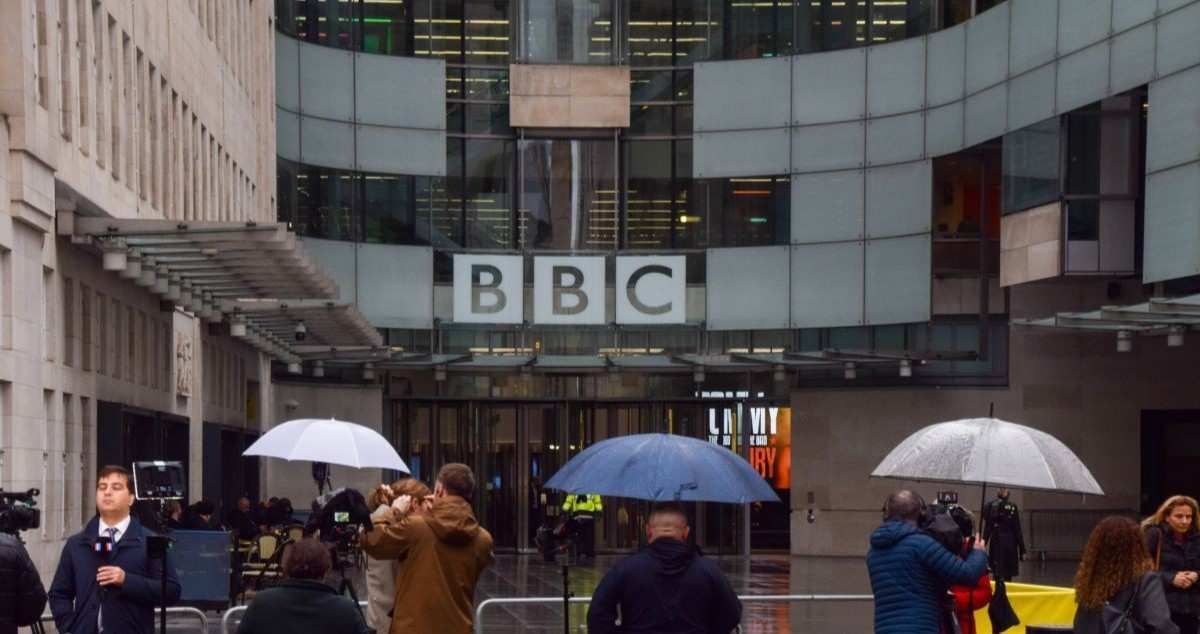450,000: Venezuelan crude output has fallen 450,000 barrels per day, or 23 percent, over the past six months amid an exodus of employees at state-run oil giant PDVSA. Even as other major oil producing nations benefit from the 65 percent increase in oil prices since last June, Venezuela and its long-suffering population won’t experience the same lift.
30: China paid nearly $30 billion in licensing fees and royalties for foreign technology in 2017, up from just $8 billion a decade earlier. Excluding Ireland and the Netherlands, which account for an outsized portion of such payments due to the large number of multinationals headquartered within their borders for tax purposes, China ranks second globally behind the US and ahead of Japan, South Korea, and India.
25: With the resignation of Britain’s home secretary earlier this week, the government of Prime Minister Theresa May has lost six senior cabinet members since it was formed last June. That makes it the least stable government in the UK in 25 years. Mrs May is still a long way from Japanese Prime Minister Ryutaro Hashimoto, who during his tenure lost, on average, one cabinet member every 35 days.
9.1: Nearly three-quarters of Liberians have cell phones, but only 9.1 percent of the African nation’s citizens have electricity. While the Harvard economist Ricardo Hausmann recently used this juxtaposition to illustrate how nimble private investment in telecoms has outpaced plodding public spending on Liberia’s power grid, my big takeaway is that people are astonishingly resilient — I say this as someone who can barely keep his phone charged.
3.1: China enticed the Dominican Republic to cut diplomatic ties with Taiwan and establish relations with Beijing by dangling a $3.1 billion package of investments and loans, a Taiwanese official told Reuters. That’s roughly 50 percent more than the total trade that the Dominican Republic says it conducted with China last year.
